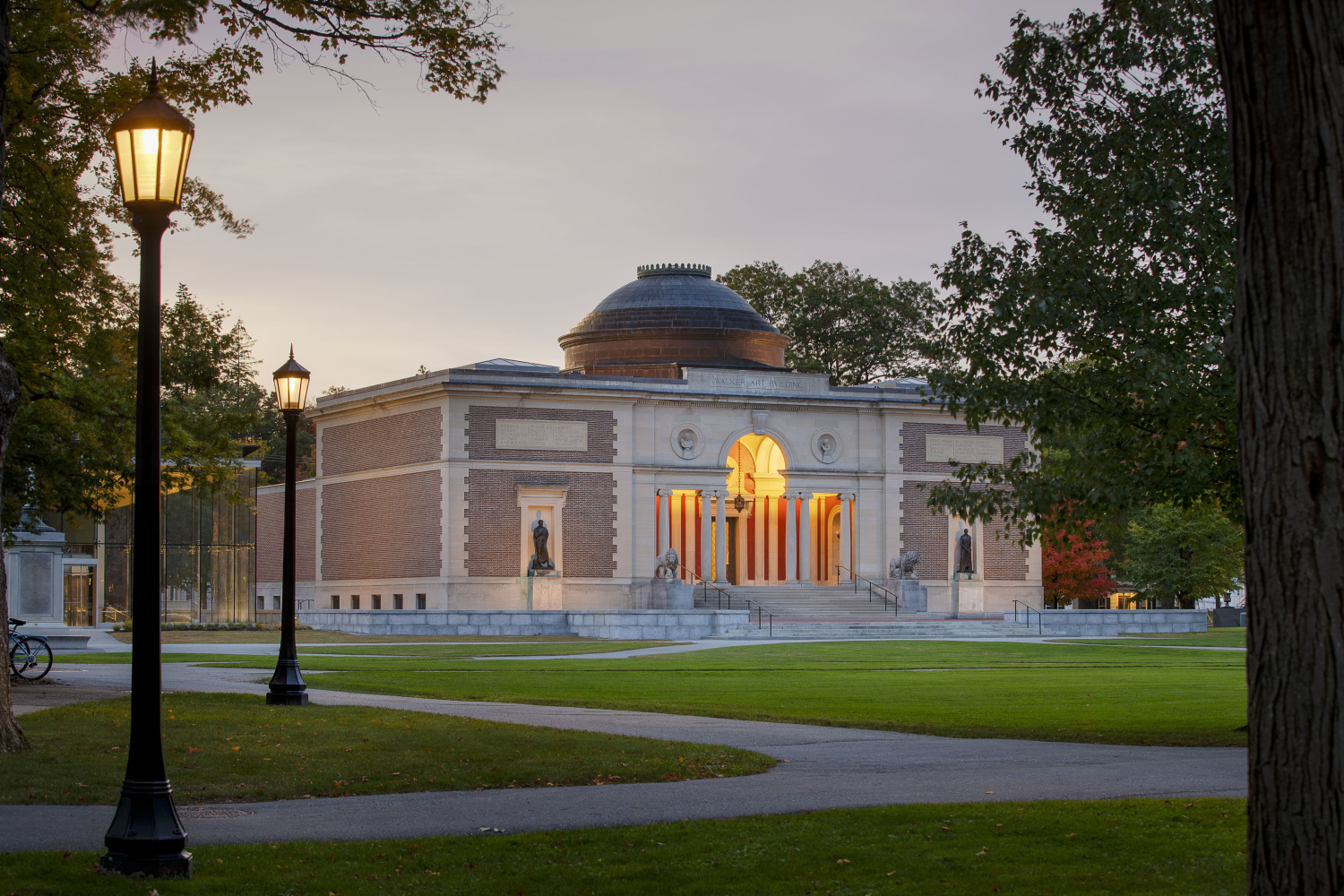Guest Speaker: Benje Douglas, Senior Vice President for Inclusion and Diversity.
Benje: This is my 10th time being in front of BSG. I have had a variety of roles that relate to my current role, and that had to do with improving things that are perhaps not as we would like them to be. Work with THRIVE and Institutional Equity and Compliance. Also look at broad concept of inclusion on campus. Mostly work behind the scenes to ensure students are having an optimal experience at Bowdoin. Work on surveys about social experience at Bowdoin, got 69% response rate which is great. Spend the semester going through data and second semester will begin rollout and brainstorm ways to get information to students such that it is useful for students.
Eisa: Could you further explain about what was you thinking process when you first created the survey?
Benje: We wanted to get a deeper understanding of how Bowdoin students feel about topics that people tend to talk about behind closed doors, and have it be widely available. This information would be a snapshot dependent on those who took the survey and when they took it. We want people to know that there may be other people who feel similar to the way they feel, an example would be struggling with academic rigor, knowing that others are feeling similarly. For something like this we want to make it feel ‘alive’, and not necessarily have it be presented as a simple PDF.
Sadie: What are some ways that this information may be used for example, for policy changes?
Benje: People’s experiences can be very different. Part of my job is to be able to contetualize potential conflicts and work from there. Sometimes some issues are not things that can be necesarrily fixed through policy changes. However, sometimes it is important to make sure opinions are heard by staff and faculty so that the appropriate changes to the system can be made.
Sadie: Is this information ever intended to be public-facing?
Benje: Yes, we would present a concise snapshot of the data that would be significant to those viewing the data.
Elliott: Would we be able to get that raw data if we would like access?
Benje: I don’t make that decision but if perhaps someone wanted to do a research project or something similar they could talk to the office and get the data.
Elliott: Do you think a lack of cross-class friendships is a problem at Bowdoin?
Benje: I think we have cross-class friendships superficially, and it can be affirming to have a central point. Unfortunately, I believe they don’t last as long. Sometimes being overly conscious of one’s own background can deter these relationships. I have certainly noticed some very valuable relationships of this type be formed at Bowdoin, however, I do recognize that it is difficult and they tend to not be as deep.
Nyla: Who is looking at the data from the census and syntesizing it?
Benje: The Office of Institutional Research, Analytics, and Consulting is the one in charge of the data and were instrumental from the conception of this survey.
Max: Are there any new programs or plans that you are considering?
Benje: This fall we had a series of speakers come visit, where we brought in scholars whose work is specifically public facing and talked about how we got to the place we are currently in society. After the talks we also had dinners, which I believe is an important model to continue. We are also working on getting more close feedback from students for choosing speakers. Times for sceduling this semester did not work for everyone but was the best option available. We work on bringing people with different point of view so that we can bring in a range of voices and get better at listening to ideas that challenge our own, and allow us to have public discussions, which helps build a sense of generational connection. We are doing a similar model for Martin Luther King Jr dinner with Michele Norris, who has written extensively about racism in the US and students will have an opportunity to engage with her work and discuss it. We just really want people to have a discussion.
Eisa: What are some other ways in which BSG could help?
Benje: I truly value speaking with students and learning about their experiences. A second thing I would love to be a part of is learning about students’ ideas and how our office can help. I would love to start perhaps with some low-stakes collaborative programming and see how we can work together. I know that part of being a Bowdoin student is that people are super busy, however, I would like to encourage people to attend the Michele Norris events, as it would help us stay together and interact with each other. Something that I feel is missing at Bowdoin is collective time together. We have individual group time together, where we spend time within our sorted groups, but I believe we could benefit from spending time together not as groups but as the full student body. I think being able to share opinions is very valuable.
Elliott: Last year you talked about holding fewer events, is the speaker program a manifestation of that?
Benje: Yes, I think we should have fewer events not because of the attendance but because of the energy required events. For me, if we are using that energy I would like to make sure that energy is well spent to make impactful events that can be impactful for more people. Our office works on three to four big programs a year..
Blake: Bowdoin students are always very busy and Bowdoin is always pushing out events as well – an institutional inertia of sorts. How do these events happen, ensuring students are able to prioritize attending these events?
Benje: We would like to create these events to have a collective sense of unison. I think a big part of it is simply getting into the habit of just doing it, just signing up for it. I don’t think its about doing cool stuff that can happen regardless of where you are, a big part of it is doing cool stuff because of where you are. It’s a lot about the small things which change the experience. If you don’t come to an event, it is because something else is more valuable. My job is to make our events as valuable as possible.
Eisa: When putting the results out there, an idea that I had was doing a postering campaign, perhaps using the larger posters available in Smith.
Benje: Yes. Also, if possible, I would love to find a way to see how students react in real-time to the data presented. We want to evoke a sense of wonder but also humility of realizing that there are so many things that perhaps we did not know. The thing about the Social Census that I hope people take away from it is that people can feel supported by engaging with their community.
Eisa: Williams College has a Mountain Day, and I was thinking we could have a similar annual event, perhaps like the Midnight Campus, which could work as a collaboration event and see how it goes.
Benje: I would love to work on refining that idea. I think the sky is the limit for the kind of collective engagement that could happen, which is great.
COMMITTEE UPDATES:
Vincent [SOOC]: Had very successful tabling events where a lot people came by with very interesting ideas for clubs.
Nolan [Student Affairs]: Working on getting refresehments in the library on a weekly basis. Met with Peter Bae, and he liked the idea. Working on logistics with catering.
Nyla [D&I]: Had a very successful event where we collected comment cards about how students feel about diversity and inclusion on campus. Planning on sorting through them to create new initiatives. Had input from both students and faculty.
Max [SAFC]: Sent out updated guidelines to club leaders. Had last meeting this week and next meeting after break will be on Jan 27.
Jonathan [Academic Affairs]: Completed a survey of peer institutions on if they provide syllabus information. MIT, Harvard, Yale and Swarthmore all publicize syllabi which can potentially be good models to work from. Working on creating a survey to get opinions on this initiative. Heard some faculty complaints on Course Reviews but will defend it.
Lucia [Facilities and Sustainability]: Had a successful first dining advisory meeting.
Eisa: On the Thanksgiving shuttle. The executive board decided not to do it for this winter break due to the time crunch. It would be very difficult to get data and not mess up in logistics planning. We want to ensure that those who take our shuttle are able to make their flight. Thanksgiving Break service was a test to be able to use it as a model for future iterations. For example, the shuttle drivers this time around said they would appreciate a list of all people signed up for the shuttle and to have an emergency number of someone on the executive board on hand.
Elliott: We had an 80% show rate. And over 100 students were able to benefit.
PROPOSAL WINTER CELEBRATION:
Harper: This proposal is from the Student Affairs committe. It is for an event called “Cold at Coe”, on Saturday 2/8. Are working on getting food trucks, hot chocolate and free merch for the first couple of students. We are also working closely with women’s hockey and basketball teams to increase participation to the games that same day. On this day WBOR will also have a DJ event closeby so working on making it a collaboration. This event would require $4,750 from the BSG bucket. It is a possibility that the full amount will not be used in which case, the extra amount would be returned.
Elliott: How much is the food truck?
Harper: Food truck is around $3,500 and hoping to do around 400 servings of donut food truck.
Max: This will be a week after the men’s hockey game against Colby, do you worry that it will not be as meaningful because they would be so close together?
Harper: The hope is that it attracts a different crowd and is more of a collective event.
Sadie: To confirm, this amount would not be going towards the DJ?
Harper: No. WBOR would pay for DJ and we would pay for food and merchandise.
Max: Do you guys feel like you have enough time for planning?
Harper: Yes, we have already had the most important confirmation meetings and are only working on closing some loose ends.
[MOTION TO VOTE]
[PROPOSAL PASSES]
PROPOSAL GIFT CARDS BOWDOIN COURSE REVIEWS:
Jonathan: Jen told me that some faculty are concerced that some courses and professors do not have enough reviews so information that is currently available on Course Reviews is not representative. We would like to get more people to leave review so will be doing a raffle system. If you leave one review, you can enter a raffle for one of two big prize gift cards ($25 each), and ten smaller cards ($10 each).
Emily: How would you verify that they left a review?
Jonathan: That is something we are still working on. If we are able to verify that data, we will use it but if not it might be honor code system.
Eisa: We could have people screenshot the submitted screen that appears after you have submitted a review.
Abigail: Looking at the previous email of when we did this last year, I do not see how we made sure that people answered the reviews.
Elliott: I would suggest getting in touch with the people in charge of the website. But we did it last year, so there is a way to get the data.
[MOTION TO VOTE]
[PROPOSAL PASSES]


